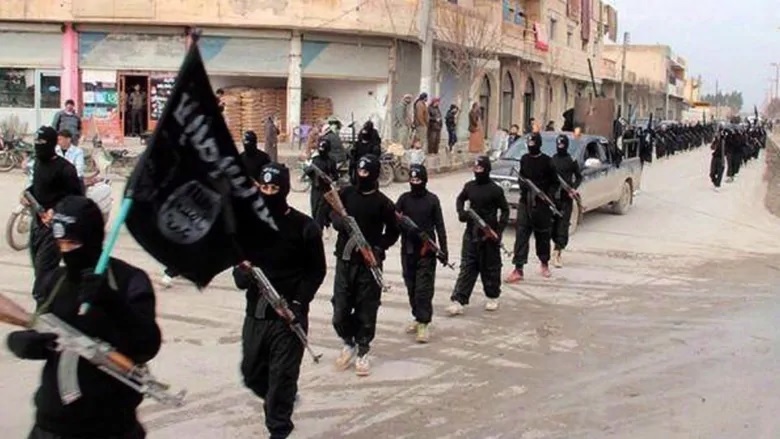As cornered Islamic State militants make what appears to be a last-ditch stand in eastern Syria, Canadian politicians, diplomats and political scientists may finally be ready to begin grappling with what to do about Canadians with ISIS connections still in the Middle East.
The issue hasn’t exactly been on the front burner, according to Christian Leuprecht, a professor at two Kingston, Ontario universities–the Royal Military College and Queen’s University.
“For years, governments of both political stripes had the opportunity to anticipate that we were going to find ourselves in the position and instead…just kind of hoped the issue would go away,” Leuprecht told CBC News in an interview published Friday.

As ISIS loses its territory and moves underground, questions arise about how to deal with Canadians with links to the group. (Canadian Press)
Facing the problem and looking for solutions moved a bit closer to home earlier month when Washington urged Ottawa to repatriate Canadian fighters and bring them home for prosecution.
Public Safety Minister Ralph Goodale rejected the idea as too risky.
Syria, after all, is a war zone.
And it remains unclear how many Canadians we are talking about.
The non-profit group Families Against Violent Extremism says there are currently 27 Canadians detained in Syria.
CBC News has determined that as many as 32 Canadians are currently being held by the U-S.-backed Syrian Democratic Forces, a Kurdish-led group that is fighting ISIS.
Others are likely being held by other warring factors.

A video was recently released of Toronto’s Mohammed Abdullah Mohammed, after he was captured by Kurdish forces battling ISIS in Syria. (CBC)
What we do know is that the Canadians come in many sizes and guises–from former fighters to their wives and children.
Some say they would very much like to come home and would like the Canadian Government help them do so.
What happens when they get back is another matter.
Obtaining evidence from a battlefield is difficult and though it is illegal to leave or attempt to leave Canada to help a group commit terrorism, prosecutors would likely have a difficult time proving their case.
To get some perspective on a very complicated–and for too long, a very neglected–matter, I contacted Leuprecht at his home in Kingston.
Here is our conversation.
Listen






For reasons beyond our control, and for an undetermined period of time, our comment section is now closed. However, our social networks remain open to your contributions.